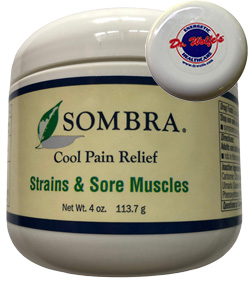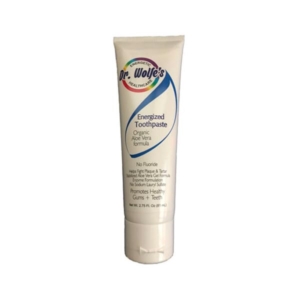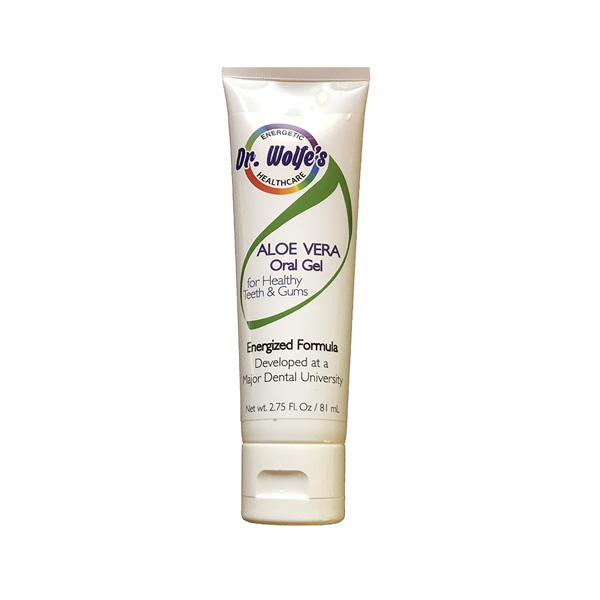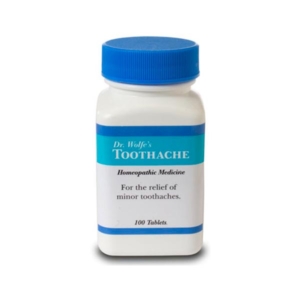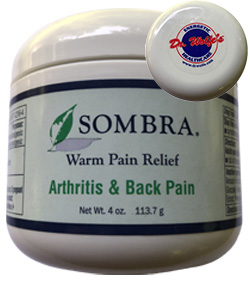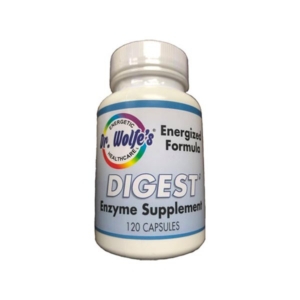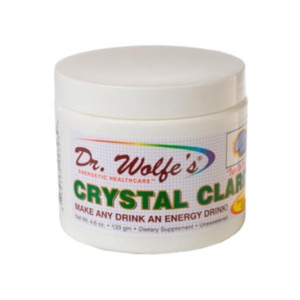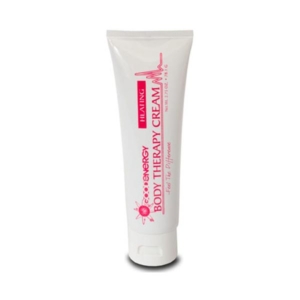Treatment of Gingivitis
The gum tissue surrounding the teeth is called the gingiva. Gingivitis refers to an inflammatory condition of the gingiva characterized by tender, swollen, and bleeding gum tissue. This condition occrrs in 85% of the population.
The classic explanation of the cause of gingivitis is due to dental plaque, bacterial colonies which live in the mouth. This bacteria, if not removed daily by the patient, will accumulate on the teeth producing toxins and enzymes which inflame the gingiva, causing destruction of the supporting bone and decay in the teeth. Other factors, both local and systemic, may also contribute to gingivitis:
- Traumatic occlusion (imbalanced bite)
- Bruxism (clenching and grinding)
- Electrogalvanism (dissimilar metals in mouth resulting in current flow)
- Mouth breathing (drying out the tissues)
- Mercury/silver fillings
- Hormonal imbalances (especially during puberty and pregnancy)
- Oral contraceptives
- Stress
- Tobacco, alcohol, and drugs
- Iatrogenic causes (poorly done dentistry)
- Systemic causes (Crohn’s disease, leukemia, vascular/clotting disorders, etc.)
- Nutritional causes (diets high in simpIe carbohydrates and sugar along with vitamin deficiencies, especially the C, E, A, and B vitamins)

